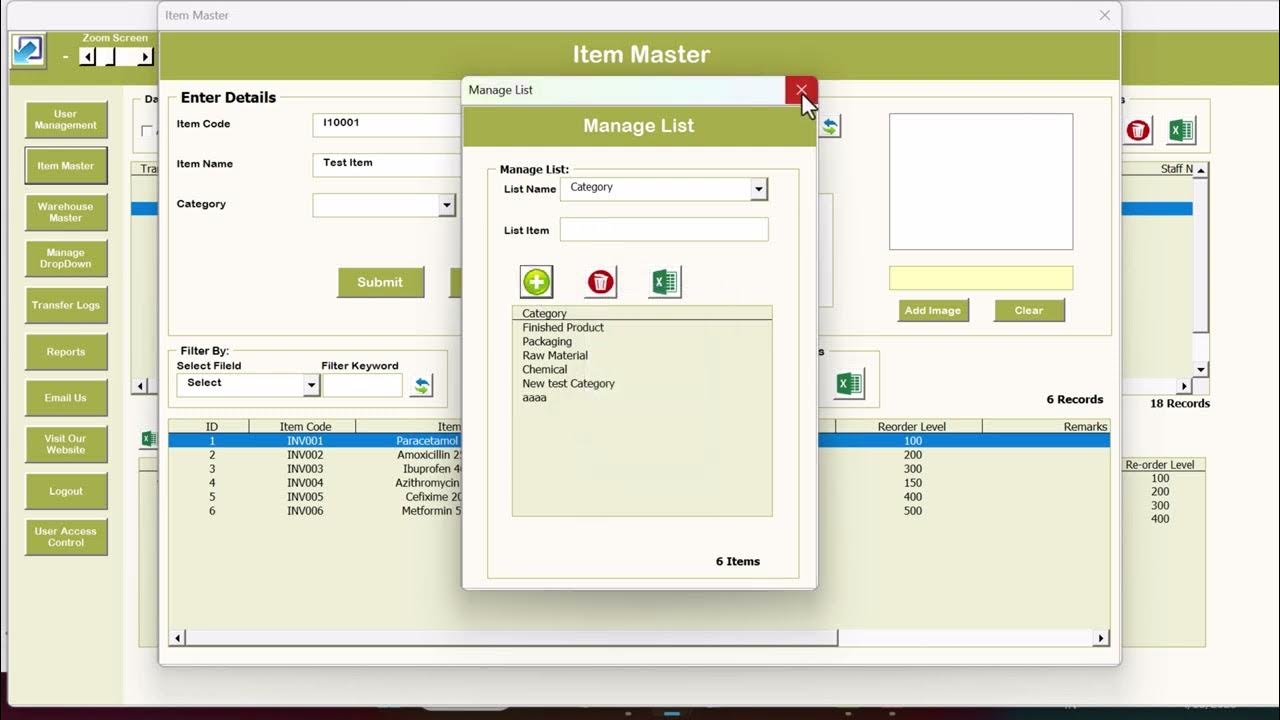What Is a Data Warehouse?
Summary
TLDRThis video script introduces the concept of a data warehouse as the single source of truth for an organization, essential for data reporting and analysis. It explains the key characteristics of data warehouses, such as being subject-oriented, integrated, time-variant, non-volatile, and summarized. The script aims to clarify the purpose and benefits of data warehousing in a business context, encouraging viewers to subscribe for more insights into data science.
Takeaways
- 📚 A data warehouse is a central repository that serves as the single source of truth for an organization's data.
- 🔍 It is designed for the purpose of data reporting and analysis, making it easier to access and utilize data for decision-making.
- 📈 The defining features of a data warehouse include being subject-oriented, integrated, time-variant, non-volatile, and summarized.
- 🎯 Subject-oriented means the data revolves around specific subjects of interest, rather than containing all company data indiscriminately.
- 🔄 Integration in a data warehouse refers to the development of common standards to ensure that the best quality data is collected from various sources.
- ⏳ Time-variant indicates that a data warehouse includes historical data, allowing for analysis of trends and patterns over time.
- 🔒 Non-volatile signifies that once data is in the warehouse, it cannot be changed or deleted, ensuring data integrity.
- 📊 Summarized data in a warehouse is often aggregated or segmented to facilitate easier analysis and reporting.
- 💼 A data warehouse stores valuable data assets such as customer, sales, and employee data, which are crucial for business operations.
- 📝 The concept of a single source of truth helps avoid confusion and ensures that everyone in an organization has access to the most recent and accurate data.
- 👍 The video encourages viewers to engage with the content by liking and sharing, and to subscribe for more insights into data science.
Q & A
What is a data warehouse?
-A data warehouse is a centralized repository where companies store their valuable data assets, such as customer, sales, and employee data, serving as the de-facto single source of data truth for an organization.
Why is a data warehouse important in business and data science?
-A data warehouse is important as it provides a single source of truth, enabling organizations to make data-driven decisions with accurate and consistent data for reporting and analysis purposes.
What does the term 'single source of truth' mean in Information Systems Theory?
-The 'single source of truth' refers to the practice of structuring all the best quality data in one place to ensure consistency and accuracy, avoiding confusion from multiple versions of data.
What are the defining features of a data warehouse?
-The defining features of a data warehouse are that it is subject-oriented, integrated, time-variant, non-volatile, and summarized.
Can you explain the term 'subject-oriented' in the context of a data warehouse?
-Subject-oriented means that the information in the data warehouse is focused around specific subjects of interest, rather than containing all company data indiscriminately.
What does 'integrated' signify in a data warehouse?
-'Integrated' indicates that a data warehouse consolidates data from various sources, applying common standards to ensure the data's consistency and quality.
Why is the 'time-variant' feature important for a data warehouse?
-The 'time-variant' feature is important because it allows a data warehouse to contain historical data, which is essential for analysis and reporting on past trends and events.
What does 'non-volatile' mean in relation to a data warehouse?
-'Non-volatile' means that once data is stored in a data warehouse, it cannot be changed or deleted, ensuring the data's integrity and reliability over time.
How does the 'summarized' feature facilitate data analysis in a data warehouse?
-The 'summarized' feature refers to the aggregation or segmentation of data within the warehouse, making it easier to analyze and report on by providing a structured overview of the data.
What is the primary purpose of a data warehouse?
-The primary purpose of a data warehouse is to support data reporting and analysis by providing a well-structured, non-volatile, and comprehensive source of data for an organization.
How can one become an expert in data science as suggested in the video?
-To become an expert in data science, one can subscribe to channels that provide educational content on the subject, engage in practical projects, and continuously update their knowledge and skills in the field.
Outlines

Dieser Bereich ist nur für Premium-Benutzer verfügbar. Bitte führen Sie ein Upgrade durch, um auf diesen Abschnitt zuzugreifen.
Upgrade durchführenMindmap

Dieser Bereich ist nur für Premium-Benutzer verfügbar. Bitte führen Sie ein Upgrade durch, um auf diesen Abschnitt zuzugreifen.
Upgrade durchführenKeywords

Dieser Bereich ist nur für Premium-Benutzer verfügbar. Bitte führen Sie ein Upgrade durch, um auf diesen Abschnitt zuzugreifen.
Upgrade durchführenHighlights

Dieser Bereich ist nur für Premium-Benutzer verfügbar. Bitte führen Sie ein Upgrade durch, um auf diesen Abschnitt zuzugreifen.
Upgrade durchführenTranscripts

Dieser Bereich ist nur für Premium-Benutzer verfügbar. Bitte führen Sie ein Upgrade durch, um auf diesen Abschnitt zuzugreifen.
Upgrade durchführenWeitere ähnliche Videos ansehen

What Is a Data Warehouse ?

Data Warehouse Terminology | Lecture #3 | Data Warehouse Tutorial for beginners

Matakuliah Business Intelligence (Materi 4: Dimension Modelling)

PMI PMO of the Year Finalist 2022: Johnson & Johnson FS&T Project Management Office

Advanced Inventory Management System V1.0 for Multiple Warehouse

What is a data warehouse?
5.0 / 5 (0 votes)
